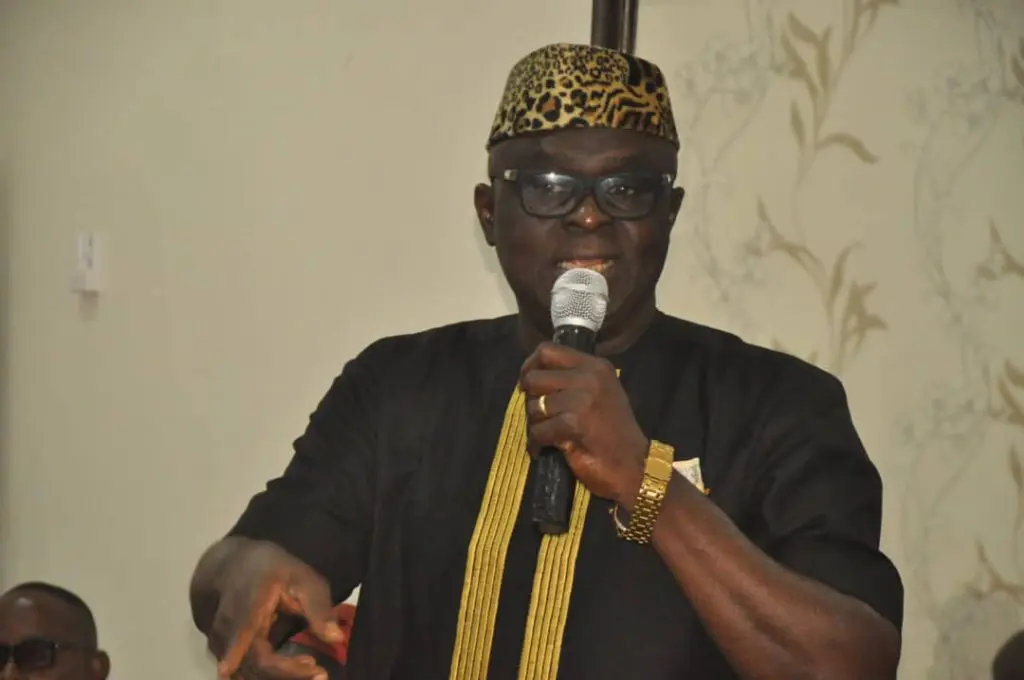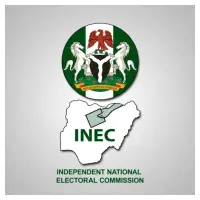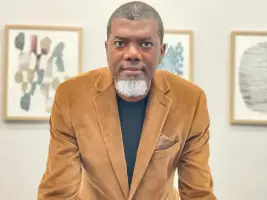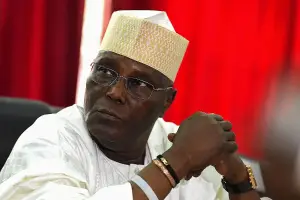The Association of Igbo Town Unions (ASITU) has strongly rejected proposals to create more states in Nigeria, describing such moves as a misplacement of priority that would further strain the country's already fragile federation.
The position was articulated following recent public hearings on the amendment of the 1999 Constitution organized by the National Assembly across the country.
In an official statement, ASITU National President Chief Emeka Diwe emphasized that Nigeria's fundamental problems cannot be solved by creating what he termed "cosmetic states" but rather through convening a sovereign National Conference to examine the legitimacy of the current constitution.
"What we inherited on May 29, 1999, was an imposition, a product of military fiat drafted by a small committee handpicked by an authoritarian regime. This undemocratic foundation makes every amendment, no matter how noble, a patchwork on an illegitimate document," Diwe stated.
The ASITU president highlighted that the preamble of the constitution begins with what he described as a falsehood by claiming it was enacted by "We the people" when citizens had no input throughout the drafting process.
"What Nigeria needs is not another round of constitutional amendments but a genuine sovereign National Convention where ethnic nationalities can freely deliberate and agree on the basis of their foundation. Constitution in every civilized society is that which emerges from the people. It is not the will of rulers, but the codification of people's collective decision on how they wish to live and be governed," he explained.
Diwe cited the United States' constitutional convention of 1787 in Philadelphia as an example of a people-oriented process, where delegates from the original thirteen colonies converged to freely debate and ratify their union.
The association expressed concern that instead of embracing popular sovereignty, Nigeria is discussing the creation of over 30 additional states despite the existing 36 states lacking viable strong economies.
"The creation of more states under a broken system cannot bring any meaningful development. Instead, they will deepen the fiscal distress already in place and create more bureaucratic inefficiencies," Diwe warned.
As an alternative, ASITU suggested that Nigeria should return to a regional government system, citing historical successes such as Chief Obafemi Awolowo's introduction of free education throughout the Western region, Michael Okpara's leadership that made the Eastern region the fastest-growing economy in the Commonwealth, and the North's prominence in groundnut production.
The association reaffirmed its commitment to Nigerian unity but emphasized that this should not come at the expense of justice, truth, and mutual respect among the country's diverse peoples.
Stay informed on Nigeria's constitutional developments and other important news by following BenriNews on our social media channels: Facebook, Twitter, LinkedIn, WhatsApp, and Telegram.











